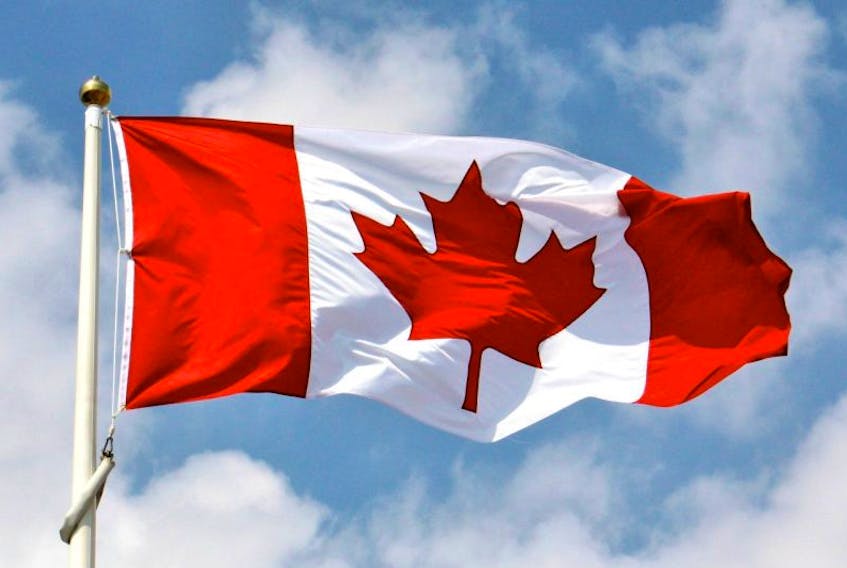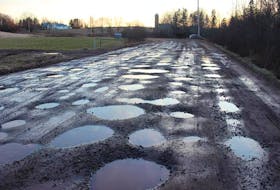Governments who send soldiers to war have a duty of care for those soldiers and their families, not only while those soldiers are in war zones, but when they come home as well.
And that’s why the recommendation to hold an inquiry into the death of Lionel Desmond and three members of his family in Nova Scotia is so important.
Desmond killed his mother, Brenda Desmond, 52, his wife Shanna Desmond, 31, and their 10-year-old daughter, Aaliyah Desmond, before then killing himself almost exactly a year ago at their home in Upper Big Tracadie.
The only real question is why it took a year to decide to move ahead, given the value an inquiry can have, not only within Nova Scotia, but potentially for veterans across the country.
Nova Scotia’s last full fatality inquiry was held a decade ago, examining the death of Howard Hyde, who died in 2007 after a struggle with corrections guards in Halifax. Hyde suffered from mental illness and had not been taking his medication.
That inquiry made valuable recommendations about the interactions of people with mental illness and police, and about the use of Tasers.
This inquiry would look at how Lionel Desmond received treatment, and whether that treatment failed in any way to prevent the deaths.
Nova Scotia’s chief medical examiner, Dr. Matthew Bowes, said he was concerned about the fact that Desmond, who was suffering from post-traumatic stress disorder after serving in Afghanistan, had a number of interactions with different government and health agencies.
“It’s not like Mr. Desmond was unknown and this happened out of the blue — there was a trajectory,” he said. “There was touch points in our system and I think it would be very valuable to look at how those things occurred and how we might, in retrospect, have done it differently.”
Valuable indeed — there are scores of veterans in this country who served in Afghanistan, and while none might be in the exact circumstances Desmond found himself in, the way health agencies and the federal Department of Veterans Affairs deals with their concerns and needs is well worth examining.
An inquiry has no chance of looking into Lionel Desmond’s reasoning. But it can open a window on this country’s treatment of veterans, and provide an independent examination of whether that treatment is good enough.
Desmond’s sister Chantel made that point very clearly: “I lost my family and now I’m worried about trying to help other families,” she said.
What federal and provincial officials should be thinking about now is how best to supply every scrap of information that an inquiry needs or wants. They owe that to Lionel Desmond, to his family, and to all the other veterans and their families who may be facing roadblocks and inadequate services. Responsibility for veterans and their care doesn’t end when the uniform comes off.









